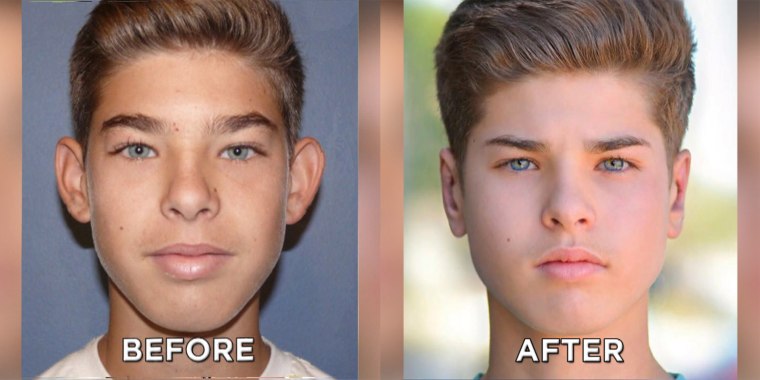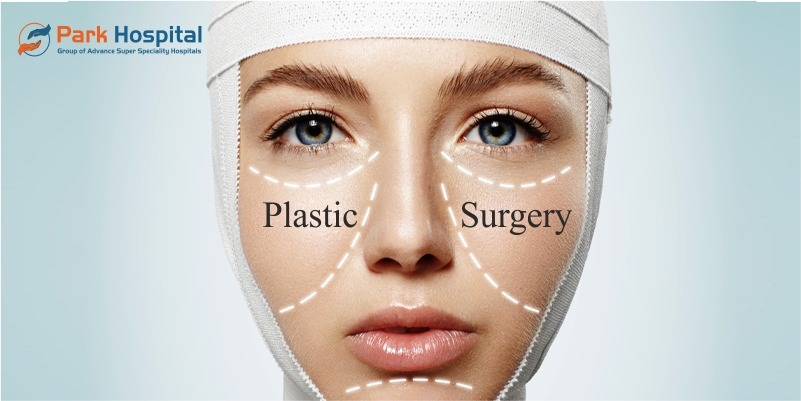Mommy Makeover Bellevue: Restore Your Pre-Baby Body with Specialist Care
Mommy Makeover Bellevue: Restore Your Pre-Baby Body with Specialist Care
Blog Article
A Deep Dive Into the Common Validation for Seeking Plastic Surgery: Unpacking the Desire for Modification and Self-Improvement
The motivations behind the quest of plastic surgery prolong beyond plain aesthetic improvement, showing a nuanced interplay of social expectations, personal aspirations, and emotional aspects. As individuals increasingly look for to align themselves with prevailing elegance requirements, it becomes necessary to check out the underlying reasons that compel them to make such substantial changes. The influence of media portrayals and personal narratives can not be overlooked, as they form perceptions and needs in profound means. This examination motivates crucial inquiries about the honest effects and future trajectories of cosmetic treatments, inviting additional exploration right into the complexities of self-improvement and identification.
Societal Pressures and Appeal Standards

The influence of these beauty perfects can be profound, instilling a sense of insufficiency in those who do not adjust. As an outcome, numerous might look for cosmetic surgery as a method of straightening their look with these societal expectations. mommy makeover bellevue. This need for consistency can originate from a wide variety of inspirations, consisting of the aspiration for enhanced social standing, enhanced romantic prospects, or enhanced specialist possibilities
In addition, these stress are not limited to particular demographics; they impact individuals across various ages, genders, and backgrounds, highlighting the pervasive nature of charm criteria. This prevalent impact increases crucial inquiries concerning the values of cosmetic surgical procedure and the implications of societal standards on individual choices. Eventually, recognizing these pressures is vital for cultivating a more comprehensive interpretation of charm that celebrates diversity.
Personal Experiences and Transformative Stories
Numerous individuals that go through cosmetic surgery record transformative experiences that expand beyond mere physical adjustments. For several, these treatments function as a stimulant for boosted self-confidence and a renewed feeling of identity. People regularly describe sensation liberated from long-standing instabilities, resulting in increased self-confidence in both personal and specialist realms.
Take, as an example, the story of a girl who underwent breast enhancement after years of sensation uneasy about her look. Post-surgery, she reported not only a newly found comfort in her body however also a considerable improvement in her social life and occupation opportunities. In a similar way, a middle-aged man who picked to undergo a renovation shared how the procedure renewed his outlook on life, motivating him to pursue new passions and relationships.
These personal stories emphasize the profound influence cosmetic surgical treatment can have on individuals' lives. As they embrace their transformed selves, several discover empowerment in their options, frequently utilizing their experiences to inspire others considering comparable trips. Ultimately, these transformative tales highlight the diverse factors people look for plastic surgery, intertwining individual development with the search of aesthetic enhancement.
Mental Aspects Behind Plastic Surgery
Numerous psychological factors contribute to the decision to undergo plastic surgery, reflecting deeper emotional and psychological health considerations. Individuals frequently go after medical improvements as a way to resolve feelings of insufficiency, low self-confidence, or frustration with their appearance. These psychological motivations can be rooted in past experiences, social comparisons, or personal aspirations.
Body image distortion is a prevalent issue, where individuals regard their physical characteristics in an exaggeratedly negative light. This distortion can bring about compulsive thoughts about regarded imperfections, motivating the wish for surgical change as an option - mommy makeover bellevue. Furthermore, the search of excellence and societal stress can enhance these feelings, pressing individuals towards cosmetic treatments in hopes of achieving an idyllic version of themselves
In addition, the idea of self-improvement plays an important role. Several individuals watch cosmetic surgical procedure as a path to enhance their top quality of life, believing that boosted appearance will certainly lead to boosted social acceptance, much better relationships, or improved job opportunities. Inevitably, the psychological variables behind plastic surgery underscore the complicated interplay between specific self-perception and external impacts, revealing the diverse nature of the desire for modification.

The Function of Media in Understanding
In today's culture, media plays a pivotal duty in shaping perceptions of appeal and self-worth. Via different systems-- social networks, television, and advertising and find out here now marketing-- idealized standards of appeal are frequently shared, influencing specific ambitions and self-image. These portrayals regularly emphasize slim definitions of beauty, mostly featuring vibrant, slim, and electronically enhanced pictures, which can develop unrealistic criteria for people striving to adhere.
The influence of media is more intensified by the pervasive nature of social networks, where customers are bombarded with curated material that highlights aesthetic improvements, endorsing a culture of contrast. This continuous direct exposure can cause feelings of inadequacy among customers, motivating them to consider cosmetic surgical treatment as a way of attaining the perceived ideal. Research suggests that individuals who engage with these media depictions are more probable to share frustration with their look, reinforcing the desire for medical interventions.
Moreover, the normalization of plastic surgery in media stories can desensitize audiences, framing such procedures as commonplace and even needed for social approval. Hence, the media's representation of elegance not just affects private options relating to cosmetic surgical procedure but also contributes to a broader social discussion concerning self-regard and identification.
Future patterns and honest considerations
Amid the growing popularity of cosmetic surgery, moral factors to consider bordering the technique have actually come to be significantly prominent. As the demand for procedures climbs, so also do worries relating to educated approval, the emotional motivations of patients, and the potential for exploitation by surgeons. It is important for experts to make certain that individuals totally comprehend the benefits and risks, along with the effects of their selections, to cultivate an accountable technique to aesthetic improvements.
Moreover, the impact of social media and beauty criteria questions regarding the influence on psychological health and wellness, particularly amongst vulnerable populaces. As understanding of body photo problems grows, ethical method necessitates a cautious analysis of the inspirations behind medical interventions. Doctors must stabilize patient wishes with ethical duty, making sure that choices are rooted in genuine self-improvement instead of societal stress.

Conclusion
Finally, the quest of cosmetic surgical procedure is discover here influenced by a confluence of social stress, personal experiences, and mental factors. The need for alignment with dominating charm standards, coupled with the capacity for transformative end results, underscores the complicated inspirations driving people toward these treatments. Additionally, the role of media fit assumptions of charm can not be downplayed. As moral factors to consider evolve, future patterns in plastic surgery will likely mirror recurring societal dialogues surrounding self-improvement and private identity.
Frequently, societal pressures and prevailing charm standards play a significant function in individuals' choices to pursue learn the facts here now cosmetic surgery. Eventually, these transformative stories highlight the multifaceted reasons people look for cosmetic surgical procedure, linking personal growth with the search of visual improvement.
Lots of individuals see cosmetic surgery as a path to improve their high quality of life, believing that improved look will certainly lead to raised social approval, much better relationships, or enhanced job chances. Eventually, the mental elements behind cosmetic surgery highlight the complicated interplay in between private self-perception and external impacts, revealing the complex nature of the wish for adjustment.
As honest considerations progress, future trends in cosmetic surgical procedure will likely show recurring societal discussions bordering self-improvement and individual identification.
Report this page